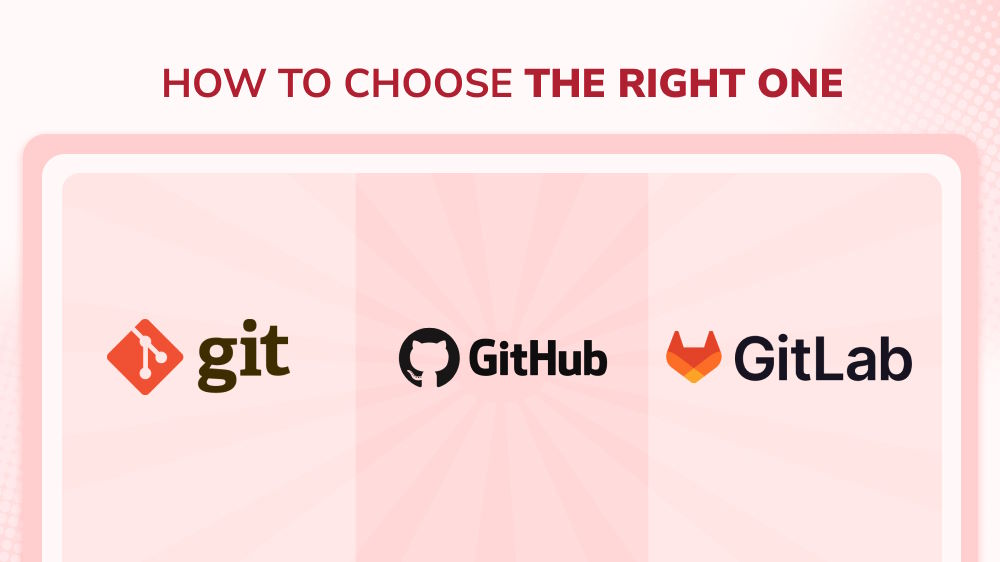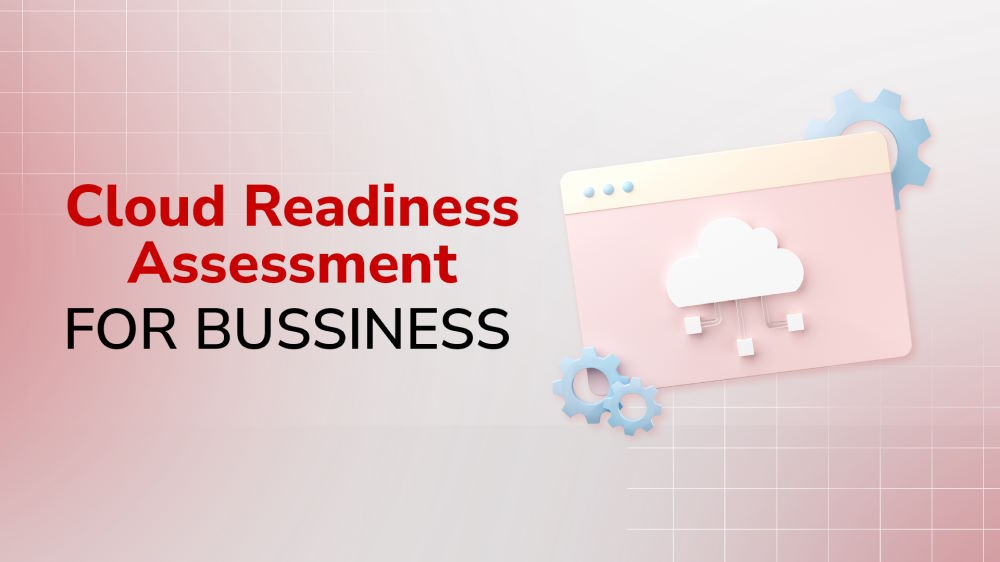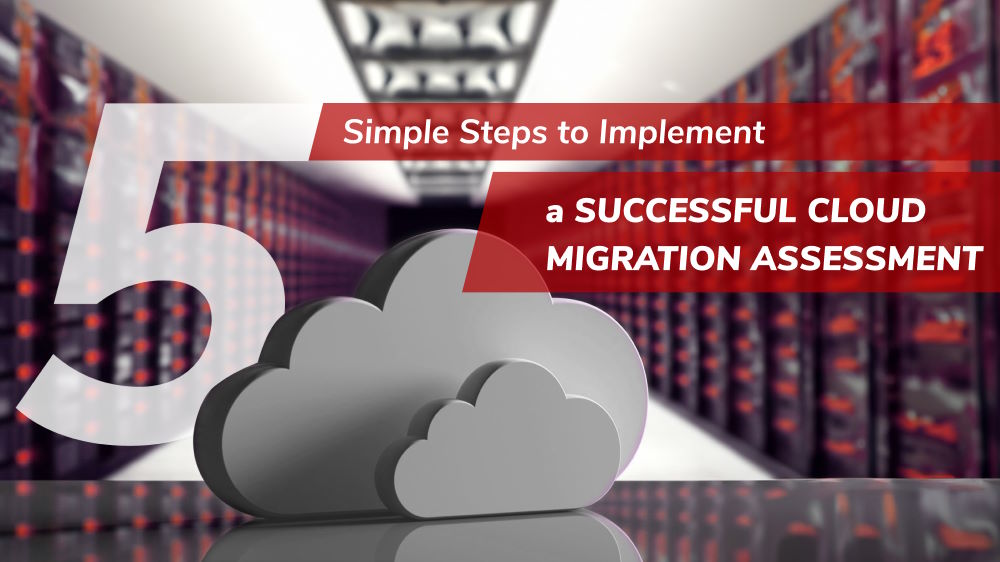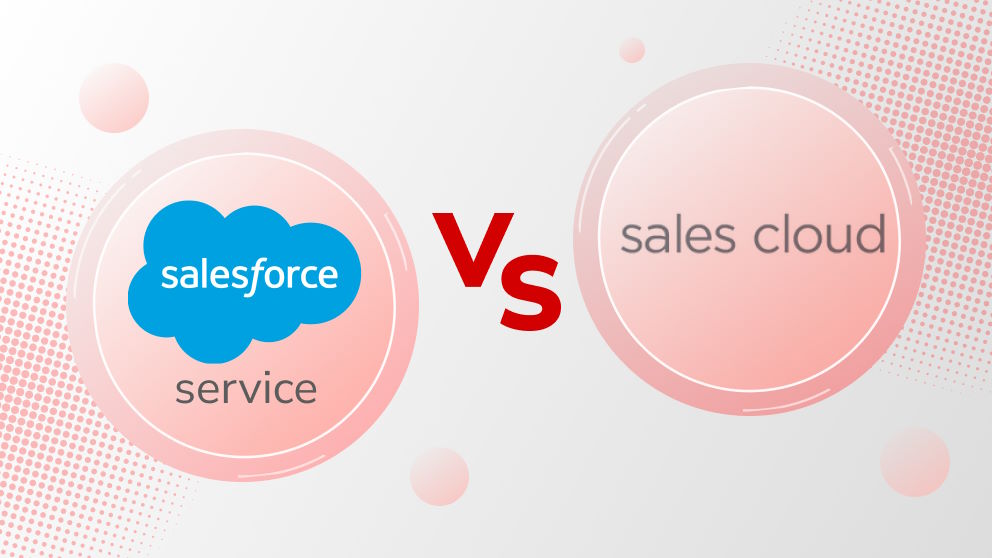Best Cloud Certifications: Which Ones Are in High Demand and Why?

Content Map
More chaptersCloud computing is one of the most in-demand and fastest-growing fields in the IT industry today. According to Gartner, the global public cloud services market is expected to reach $678.8 billion by 2024, with a projected growth of 20.4%. This means that there is a huge demand for cloud skills and professionals who can design, deploy, and manage cloud-based solutions.
But how do you prove your cloud skills and stand out from the crowd? One of the best ways is to get a cloud certification. A cloud computing certification is a credential that validates your knowledge and expertise in a specific cloud domain, such as AWS, Microsoft Azure, GCP, etc. It shows that you have the ability and confidence to work with cloud platforms and technologies.
However, not all cloud certifications are created equal. Some are more popular and valuable than others, depending on the market trends, industry needs, and career goals. So, which cloud computing certifications are in high demand and why? How do you select the best cloud certifications? That’s what this article will explore.
Top Certifications for Cloud Computing
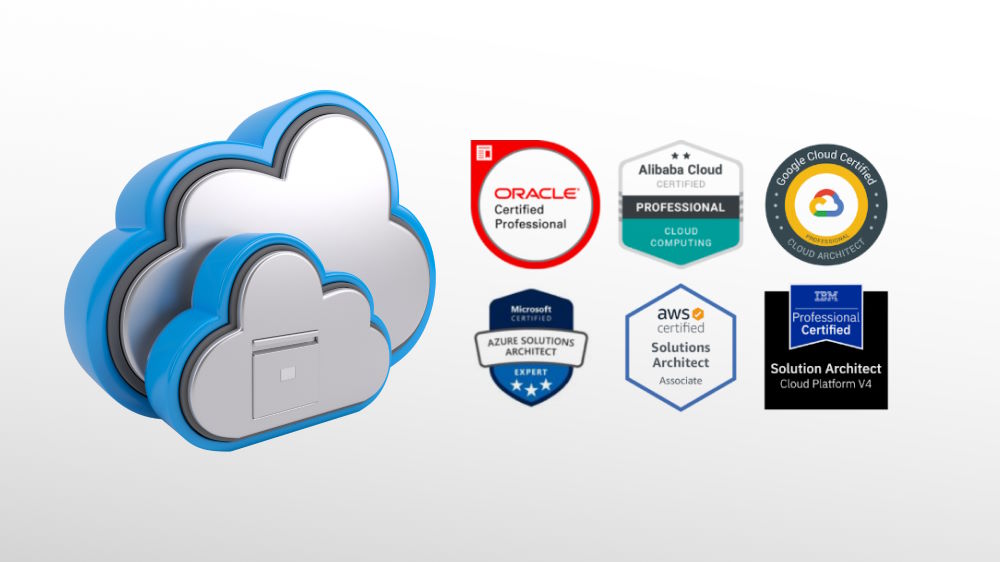
As the demand for cloud professionals continues to rise, obtaining relevant certifications can significantly enhance career prospects and open doors to exciting opportunities. Here are some of the top cloud certifications that professionals should consider:
AWS Certified Solutions Architect – Associate
This certification from Amazon Web Services (AWS) is designed for learners who have a basic understanding of the AWS cloud platform and can design and implement scalable, secure, and cost-effective solutions using AWS services.
This certification is one of the most popular and sought-after cloud certifications, as AWS is the leader in the cloud market, with a 32% share in the fourth quarter of 2020. According to Pluralsight, the average salary for AWS Certified Solutions Architect – Associate holders in the United States was $122,784 USD per year in 2023.
Google Cloud Professional Cloud Architect
Designed for professionals working with Google Cloud Platform (GCP), this certification demonstrates expertise in designing and managing scalable, secure, and highly available cloud solutions. It encompasses topics such as GCP services, architecture, data storage, and security. This certification demonstrates the holder’s ability to leverage the Google Cloud technologies and GCP’s features, such as computing, storage, networking, security, data, AI, etc.
This certification is one of the most valuable and high-paying cloud certifications, as GCP offers a competitive edge in areas such as AI, big data, and Kubernetes. According to Pluralsight, the average salary for Google Cloud Professional Cloud Architect holders in the United States was $123,458 USD per year in 2023.
Microsoft Certified: Azure Solutions Architect Expert
This certification is ideal for professionals who design and implement solutions on Microsoft Azure. It validates skills in designing and deploying applications, infrastructures, and security measures on the Azure platform.
This certification is one of the most in-demand and respected cloud certifications, as Azure is the second largest cloud provider, with a 20% market share in the fourth quarter of 2020, and offers strong integration with Microsoft products and services, such as Office 365, Windows, SQL Server, etc. According to Pluralsight, the average salary for Microsoft Certified: Azure Solutions Architect Expert holders in the United States was $123,939 USD per year in 2023.
Certified Cloud Security Professional (CCSP)
Offered by (ISC)², this certification is focused on cloud security and covers best practices for securing cloud environments. It validates professionals’ expertise in cloud data security, architecture, compliance, and legal considerations.
This certification is one of the most essential and recognized cloud certifications, as cloud security is one of the most critical and challenging aspects of cloud computing. According to Pluralsight, the average salary for Certified Cloud Security Professional holders in the United States was $121,441 USD per year in 2023.
VMware Certified Professional – Cloud Management and Automation (VCP-CMA)
This certification is for professionals who work with VMware technologies and specialize in cloud management and automation. It demonstrates the holder’s ability to automate and orchestrate cloud workflows, manage cloud resources, and optimize cloud performance and availability of VMware cloud environments.
This certification is one of the most specialized and niche cloud certifications, as VMware is one of the leading providers of cloud management and automation solutions. According to ZipRecruiter, the average salary for VMware Certified Professional – Cloud Management and Automation holders in the United States was $130,802 in 2023.
IBM Certified Solution Advisor – Cloud Platform Solution V6
This IBM certification validates professionals’ understanding of IBM Cloud Platform services and their ability to design cloud-based solutions. It covers topics such as cloud architecture, security, and integration with other IBM technologies.
This certification is one of the most versatile and comprehensive cloud certifications, as IBM Cloud offers a vast array of cloud products and services, such as computing, storage, database, analytics, AI, blockchain, etc. According to ZipRecruiter, the average salary for IBM Certified Solution Advisor – Cloud Platform Solution V2 5 holders in the United States was $108,258 in 2023.
CompTIA Cloud+
CompTIA Cloud+ is an entry-level certification that covers the foundational knowledge and skills required to work with cloud technologies across various platforms. It focuses on cloud infrastructure, resource management, and troubleshooting.
This certification is one of the most vendor-neutral and entry-level cloud certifications, as it covers the general concepts and principles of cloud computing rather than focusing on a specific cloud platform or provider. According to ZipRecruiter, the average salary for CompTIA Cloud+ holders in the United States was $128,365 in 2023.
Factors Influencing Demand for Cloud Certifications
Cloud certifications are not only a way to showcase your cloud technology skills and knowledge but also a way to meet the growing demand for cloud professionals in the IT industry. According to a global survey by Pearson VUE, 28% of all IT certifications earned in 2020 were in cloud computing, representing a 164% growth from the year before. But what are the factors that influence the demand for specific cloud certifications? Let’s take a look at some of them.
Market Trends and Technology Advancements in the Cloud Industry
One of the main factors is the market trends and technology advancements in the cloud space. Different cloud service providers, including AWS, Azure, GCP, etc., offer different features, services, and solutions that cater to various customer needs and preferences.
For example, AWS is the leader in the cloud market, with a 32% share in the fourth quarter of 2020, and offers a vast array of cloud solutions and services, such as computing, storage, database, analytics, machine learning, IoT, etc. Azure is the second largest cloud provider, with a 20% market share in the same period, and offers a strong integration with Microsoft products and services, such as Office 365, Windows, SQL Server, etc. GCP is the third largest cloud provider, with a 9% market share in the same period, and offers a competitive edge in areas such as AI, Big Data, and Kubernetes.
These market trends and technology advancements create a high demand for cloud certifications that reflect the latest developments and best practices in the cloud domain. For instance, the AWS Certified Solutions Architect - Associate certification tests your ability to design and implement scalable, secure, and cost-effective solutions using AWS services. The Microsoft Certified: Azure Fundamentals certification tests your understanding of the basic cloud concepts, core Azure services, security, privacy, compliance, and trust in Azure. The Google Cloud Certified Associate Cloud Engineer certification tests your ability to deploy, monitor, and maintain services and applications using the Google Cloud Platform.
The Certification’s Relevance to Industry Requirements
Another factor that influences the demand for cloud certifications is the alignment of the skills and knowledge areas covered by these certifications with the industry needs. Cloud computing is an in-demand skill that can help IT professionals improve their salary potential and career prospects. According to ZipRecruiter, the average salary for cloud computing professionals in the US was $118,669 in 2020. However, not all cloud skills are equally valued by employers. Some skills and knowledge areas are more sought-after than others, depending on the industry, the role, and the project.
For example, some of the most in-demand cloud skills and knowledge areas in 2020 were cloud security, cloud architecture, cloud migration, cloud development, and cloud data engineering. These skills and knowledge areas are covered by various cloud certifications, such as AWS Certified Security - Specialty, AWS Certified Solutions Architect - Professional, Microsoft Certified: Azure Administrator Associate, Microsoft Certified: Azure Developer Associate, and Google Cloud Certified Professional Data Engineer. By obtaining these cloud certifications, you can demonstrate your proficiency and expertise in these areas and increase your chances of landing a cloud-related job or advancing your cloud career.
In summary, the demand for cloud certifications is influenced by multiple factors, including market trends, technology advancements, and industry needs. By choosing a cloud certification that suits your goals and interests, you can gain a competitive edge in the cloud market and boost your cloud skills and knowledge.
How to Choose the Right Cloud Certification

Choosing the right cloud certification is more than a daunting task, as there are various choices available in the market, each with its own benefits and challenges. However, by following some simple steps, you can narrow down your choices and find the best cloud certification for your needs and goals. Here are some tips on how to choose the right cloud certification:
Assess Your Current Skills and Knowledge
Before you start looking for a cloud certification, you should have a clear idea of your current level of expertise and experience in cloud computing. You can use online self-assessment tools, such as Cloud Academy Skill Profiles, to measure your cloud skills and identify your strengths and weaknesses. This will help you determine which cloud certification is suitable for your skill level and learning objectives.
Research the Cloud Market and Industry Trends
Another important step is to research the cloud market and industry trends and understand the demand and value of different cloud platforms, services, and solutions. You can use online resources, such as Gartner Magic Quadrant, Cloud Computing Market Share Breakdown, and Cloud Computing Salary, to get insights into the cloud landscape and the opportunities and challenges it presents. This will help you choose a cloud certification that aligns with the market needs and your career aspirations.
Compare Different Cloud Certifications and Providers
Once you have a general idea of your skill level and the cloud market, you can start comparing different cloud certifications and providers and evaluate their pros and cons. You can use online platforms like Coursera, DataCamp, and Indeed to find and compare various cloud certifications and read reviews and feedback from other learners and professionals. You should consider factors such as vendor-specific vs. vendor-neutral, cost, duration, difficulty, exam format, prerequisites, recertification, and recognition when comparing cloud certifications and providers.
Choose a Cloud Certification That Matches Your Goals and Interests
Finally, you should choose a cloud certification that matches your goals and interests and that can help you achieve your desired outcomes. You should consider your current role and responsibilities, your future career plans, and your personal interests and preferences when choosing a cloud certification. You should also consider the time and resources you can invest in getting certified and the return on investment you can expect from it. You should choose a cloud certification that can advance your career, help you improve your skills, and increase your salary potential.
Final Suggestion
If you are interested in learning more about cloud computing and getting certified, we, Orient Software, are by your side. Orient Software is a leading software development company that offers a wide range of cloud computing services and solutions to clients across various industries. We have well-certificated cloud engineers who can provide you with mentorship, training, and support. Whether you want to start from the basics or advance your existing skills, Orient Software can help you achieve your goals and objectives.
To find out more about Orient Software’s internship opportunities and our cloud offerings, you can visit our website or contact us directly. You can also check out our testimonials and portfolio to see how they have helped other clients with their cloud projects. Don’t miss this opportunity to learn from the best and get certified in cloud computing. Contact Orient Software today and take your cloud career to the next level.

